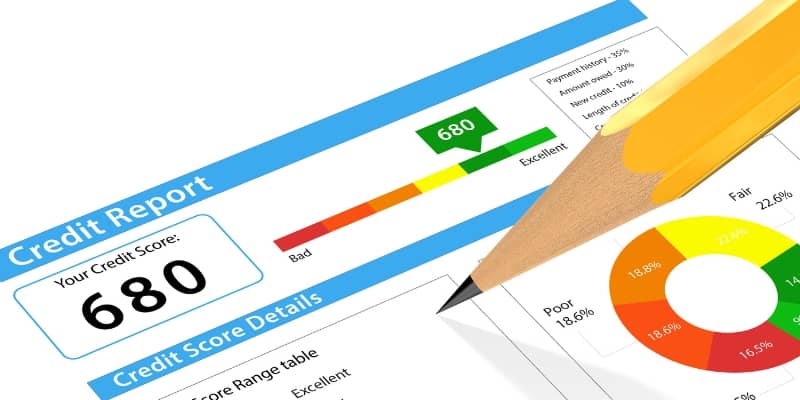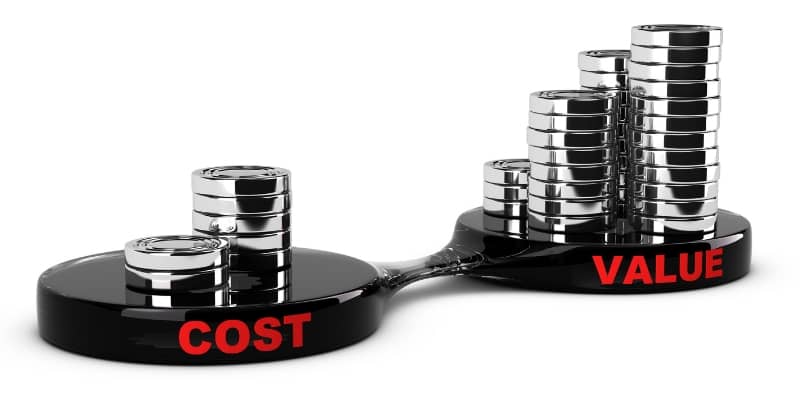Are you looking for ways to improve your credit score? If so, you’re not alone. Many people want to know how they can improve their credit scores, so they can get access to better loans and other financial opportunities. In this blog post, we’ll explore the various methods for improving your credit score, so you can be in better financial shape. From paying bills on time to disputing errors on your credit report, we’ll look at the different strategies you can use to make your credit score more attractive. So, if you’re wondering how can I improve my credit score, keep reading to learn more!
1: Get a Copy of Your Credit Report
The first step in learning how can i improve my credit score is to get a copy of my credit report. Your credit report is a record of all your past credit activity, including any loans you’ve taken out, payments you’ve made, and more. It’s important to get a copy of your credit report because it can help you identify any errors or incorrect information that may be hurting your credit score. To get a copy of your credit report, you can visit any of the major credit bureaus and request a free copy. You should check all three bureaus for the most accurate picture of your credit history. Once you have your credit report, you can start working on improving your credit score.

2: Check for Errors on Your Credit Report

One of the most important steps when it comes to how can I improve my credit score is to check my credit report for errors. These errors can lead to a lower credit score, so it’s important to make sure everything is accurate. Start by requesting a copy of your credit report from the three major credit bureaus. Review each report carefully and note any discrepancies or errors. If you do find any errors on your credit report, contact the credit bureau to dispute them. This may involve providing additional documentation, such as proof of payment. Once the errors are corrected, your credit score should start to improve.
3: Pay Your Bills on Time
One of the best ways to improve your credit score is to pay your bills on time. Late payments are one of the biggest factors that can drag down your credit score, so it’s essential that you make sure all of your payments are made on time. To do this, make sure you create a budget and stick to it, set reminders on your phone or calendar to make sure you don’t miss any payments, and use auto-pay or direct debit where possible. Paying your bills on time shows lenders that you are responsible with credit, and will ultimately lead to an improved credit score. If you’re struggling to make ends meet, contact your creditors and ask for a payment plan.

If you have an emergency expense and can’t make a payment, contact your creditor as soon as possible and explain the situation. By staying in communication with your creditors, you can make sure your credit isn’t damaged due to late payments.
4: Reduce Your Debt

Having too much debt can be detrimental to your credit score, so it’s important to learn how can i improve my credit score by reducing my debt. The best way to do this is to start by making a budget that includes the amount of money you earn and the amount of money you spend each month. This will help you identify areas where you can cut back on expenses and begin to reduce your overall debt. Additionally, you may want to consider consolidating your debts into one loan with a lower interest rate. This will allow you to make one monthly payment, rather than having multiple payments spread out over different periods of time.
Finally, you should also consider contacting your creditors and asking for lower interest rates or for them to waive late fees. These strategies can help you take control of your finances and improve your credit score in the long run.
5: Keep Your Credit Balances Low
If you want to improve your credit score, one of the best things you can do is keep your credit balances low. This means making sure that you don’t use up too much of your available credit limit. This will help keep your credit utilization ratio low, which is one of the most important factors used to calculate your credit score.
One way to keep your credit balance low is to pay off your balance every month. Doing this will ensure that you never reach your credit limit and will prevent you from accumulating too much debt. Additionally, if you have a hard time controlling your spending, consider setting up a budget so you know exactly how much money you can spend each month. This will help you stay on top of your finances and keep your credit balance low.

Another way to keep your credit balance low is to avoid making unnecessary purchases. Instead, focus on paying off any existing debt before taking on new debt. Additionally, it may be helpful to use cash instead of a credit card for purchases whenever possible.




